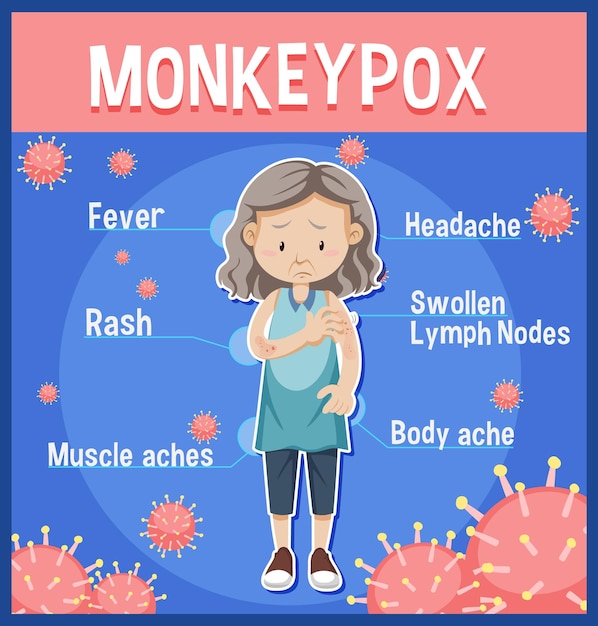10 Fascinating Facts About the Respiratory System

The respiratory system acts as a bridge between the external environment and our body.
Did you know that an average person takes around 20,000 breaths per day?
The lungs have a surface area equivalent to a tennis court.
If you laid out all the bronchial tubes in your lungs end to end, they would stretch over 2,400 kilometers!
The diaphragm, the main muscle responsible for breathing, moves up to 22,000 times a day.
The alveoli in our lungs are so tiny that 70 of them could fit on the tip of a pencil.
Your right lung is slightly larger and has three lobes, while your left lung has only two lobes to allow space for the heart.
Your ribs and intercostal muscles protect your lungs like a sturdy cage.
The average sneeze exits the body at speeds of up to 160 kilometers per hour.
Your respiratory system continuously filters out dust and other particles in the air to protect your lungs.
Your nose can act as an air conditioner and a humidifier, adding moisture and cooling the air before it reaches the lungs.
The tiny hairs in your nose, called cilia, help filter out even more particles.
Hiccups are sudden contractions of the diaphragm caused by irritation in the respiratory system.
Yawning is not only a sign of tiredness but also helps increase oxygen intake to energize the body.
Sneezing, coughing, and yawning are all reflexes controlled by the respiratory system.
The respiratory system plays a crucial role in delivering oxygen to the body’s cells for energy production.
10 Fascinating Facts About the Respiratory System part 2
Deep breathing exercises can help reduce stress and improve overall lung capacity.
The respiratory system works in coordination with the circulatory system to deliver oxygen and remove waste gases like carbon dioxide.
During exercise, the respiratory rate and depth increase to meet the increased demand for oxygen.
Singing or playing wind instruments can strengthen the respiratory muscles and improve lung capacity.
Smokers damage their respiratory system, leading to chronic conditions like emphysema and lung cancer.
The respiratory system can adapt to high-altitude environments by increasing the number of red blood cells to carry more oxygen.
Cilia in the respiratory tract can help prevent infections by sweeping away bacteria and viruses.
The pharynx, also known as the throat, serves as a common passage for both air and food.
Cold air can actually cause the airways in the respiratory system to constrict, making breathing more challenging.
Your respiratory system is capable of filtering and removing harmful substances like pollutants and toxins in the air.
The respiratory system of a newborn baby starts functioning as soon as they take their first breath.
The average person can hold their breath for about one minute, but trained individuals can hold it for much longer.
Did you know that snoring occurs when the muscles in the respiratory tract relax and vibrate during sleep?
High levels of carbon dioxide in the body can trigger the respiratory system to increase breathing rate and depth.
The respiratory system plays a role in regulating pH balance in the body by maintaining the correct levels of carbon dioxide.
Your respiratory system can detect changes in smell and alert you to potential dangers like gas leaks or spoiled food.
The respiratory system can be affected by various diseases and conditions, including asthma, pneumonia, and bronchitis.
Laughing and crying involve rapid inhalation and exhalation, providing a unique workout for the respiratory system.
The respiratory system of birds is even more efficient than mammals, allowing them to fly at high altitudes.
Snakes have a unique respiratory system where they can breathe through both their nostrils and mouth simultaneously.
Certain breathing techniques, like pursed lip breathing, can help improve breath control and alleviate symptoms of respiratory conditions.
Did you know that some people can voluntarily control their hiccups by manipulating their diaphragm?
The respiratory system can produce unique sounds through vocal cords, enabling us to speak, sing, and communicate.
Have you ever noticed that your breathing rate increases when you’re anxious or scared? That’s the body’s natural response to prepare for action.
In addition to oxygen and carbon dioxide, the respiratory system also filters out excess water vapor during exhalation.
The average adult breathes in and out approximately 7 to 8 liters of air per minute.
The strong odor of onions can cause tears because the respiratory system naturally tries to get rid of the irritant.
The respiratory system is responsible for the body’s thermoregulation by adjusting the amount of heat lost through exhaled air.
Taking conscious, deep breaths and appreciating the wonders of your respiratory system can bring a sense of calm and mindfulness to your day.
